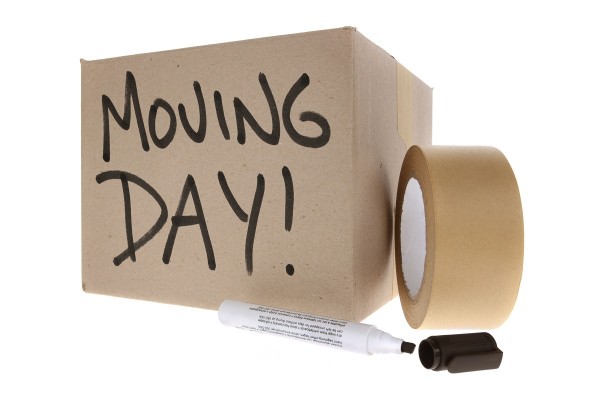
Living in your own home is a dream come true to many people, but it can quickly turn into a nightmare if you don’t do some due diligence up front. Before you move in, make sure all the systems are working and that the home is in good condition so that it can keep you safe and dry once you’re in. Here are five different property checks that need to be completed before you actually make a new house your home:
- Foundation – By getting the foundation inspected prior to moving in, you can be assured that the house is safe to live in. Flooring can give way and warp, causing structural damage, if a foundation is unstable. Foundations and basements can also give clues into how well a house weathers a storm and whether water has leaked in through the foundation during weather emergencies.
- Pests – A home can be subject to any number of pest problems, from termites to squirrels in the attic. These can cause serious damage and are quite inconvenient to discover after the move. Make sure the house is inspected and treated for pests. Make sure to keep up the regular spraying to create a perimeter around the home that ants, spiders, and other unwanted pests will avoid.
- Roof and Gutter Line – To keep water out of the home, it’s important to make sure your roof is in good shape. Clogged up gutters can cause ice jams and leaks along the roof line. Make sure the gutters are cleaned out and water flows away from the home. Check inside the house to make sure there are no water spots on the ceiling, indicating a leak in the roof that may not have been fixed. Water that gets in the house can cause mold, which can create allergies and illness in sensitive people.
- Plumbing/Electrical Systems – You need to make sure all the systems in the house work. Make sure there are no plumbing leaks. Make sure you know where the plumbing lines and shutoffs are and have contact information of emergency plumber in Sydney after you move in. Make sure there are no shorts in wires that could cause a fire and that everything is up to code.
- Insulation – Lastly, you’ll want to make sure it doesn’t cost a fortune to heat and cool this home. You can ask the previous renter or owner to show you their receipts for utility costs, however, you can also tell by the amount of insulation in a home. Are the windows double-glazed? Are the walls, attic and basement insulated? How much are they insulated and are they up to code? These are all questions that an inspector can tell you to let you know whether the home is well-insulated or not.
Pay A Little Upfront for the Peace of Mind
You may be tempted to forego getting a professional in to check a new home. This would be a big mistake. Professional home and pest inspectors are worth every penny spent on them. You will also want to have a list of professionals you can call in a pinch, should an emergency arise once you’re in the new house. Have a plumber, a pest company, an electrician, and a home maintenance and repair person’s contact information always on hand so that you’ll know who to call when things get messy. This will really be important should you experience damage after a storm or simply have a broken pipe spewing water in your home that needs a plumber to look into the matter.




 POSTED BY
POSTED BY 


[…] to find out from your realtor where the electric box is situated in your new home. As this article says, you can then check if there are any shorts in the wires that could cause a fire. Annoyingly the […]